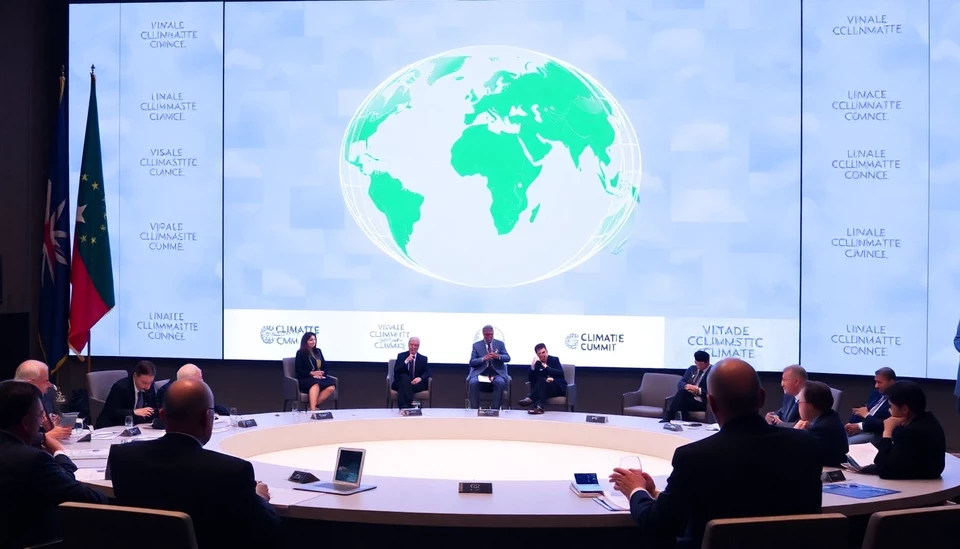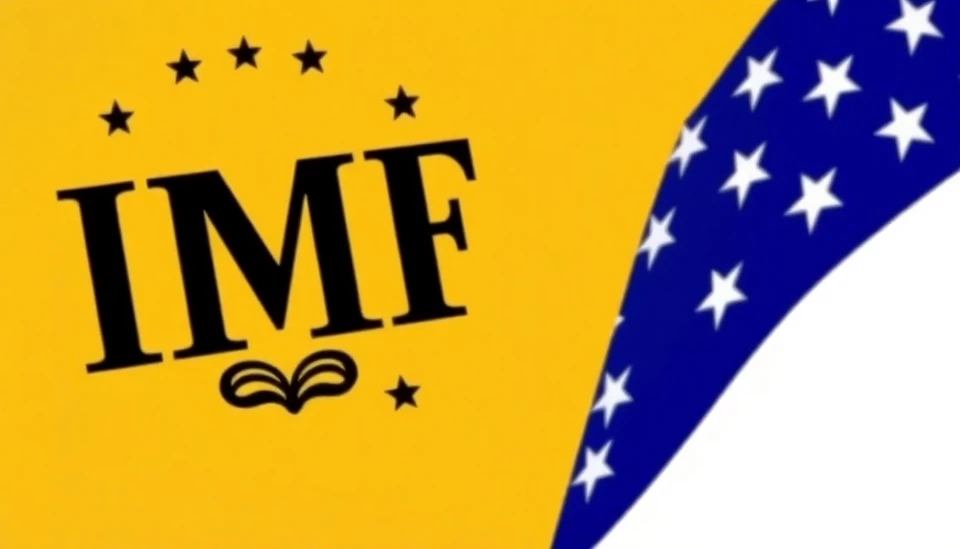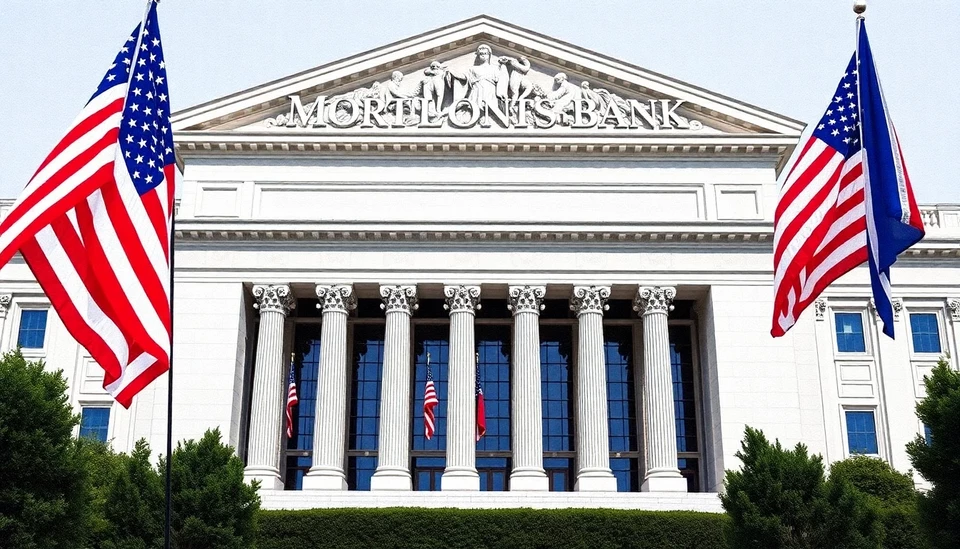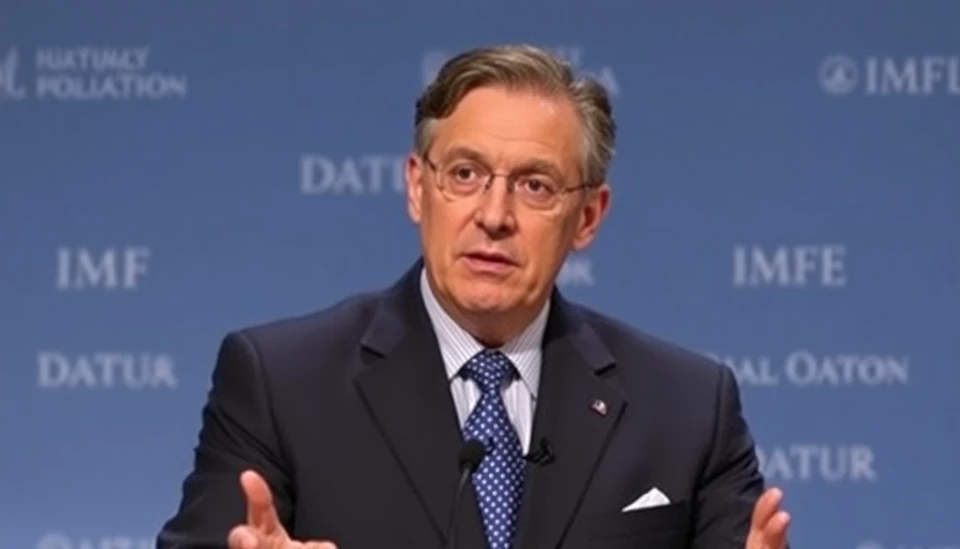
In a notable decision reflecting the increasing demands of global leadership, Kristalina Georgieva, the Managing Director of the International Monetary Fund (IMF), has opted to participate in the upcoming climate summit virtually. This move comes as she grapples with an intensely packed schedule that includes critical engagements in Washington, D.C., further illustrating the intersection of climate policy and international finance.
The climate summit, which has drawn significant attention from world leaders, environmental activists, and economic policymakers, serves as a vital platform for addressing urgent climate issues and coordinating international responses to environmental challenges. Georgieva's decision to attend remotely has attracted both understanding and criticism, indicating the complexities involved in high-level global diplomacy.
Critics argue that her absence from the physical venue may weaken the IMF’s influence at the summit, especially as the organization plays a key role in funding climate initiatives and shaping global economic policies in light of climate change. However, supporters of her decision highlight the necessity of maintaining a flexible approach to leadership, particularly in an era where virtual communication has become increasingly normalized.
While attending the summit virtually, Georgieva aims to contribute to discussions surrounding financing for climate resilience and sustainable development, key topics that align closely with the IMF's agenda. Her participation underscores the critical role that financial institutions must play in facilitating investments in climate adaptation and mitigation strategies worldwide.
The scheduling conflicts that prompted this decision include crucial meetings with member countries and stakeholders in Washington, where Georgieva is expected to engage in discussions that will influence the IMF’s future policies and funding strategies. This balancing act between attending the climate summit virtually and fulfilling her obligations in Washington illustrates the growing complexity faced by leaders in addressing multifaceted global crises.
As the effects of climate change become increasingly severe, the pressure on financial leaders to commit to sustainable practices and support for countries vulnerable to climate impacts is mounting. Georgieva’s virtual presence at the summit may serve as a symbolic gesture of commitment but raises questions about the effectiveness of remote participation in negotiations that often benefit from in-person dialogue and relationship-building.
Looking forward, the outcomes of the climate summit are expected to set the pace for global climate action, highlighting the urgent need for collaboration between finance and environmental agendas. The IMF, under Georgieva's leadership, is poised to play a pivotal role in ensuring that financial resources align with sustainable practices, fostering resilience in a changing climate.
In conclusion, while the complexities of scheduling have necessitated Georgieva's virtual attendance, her presence remains vital as the global community seeks innovative solutions to climate challenges that threaten economies and ecosystems alike.
#IMF #ClimateSummit #KristalinaGeorgieva #VirtualAttendance #ClimateFinance #GlobalLeadership
Author: Sophie Bennett




